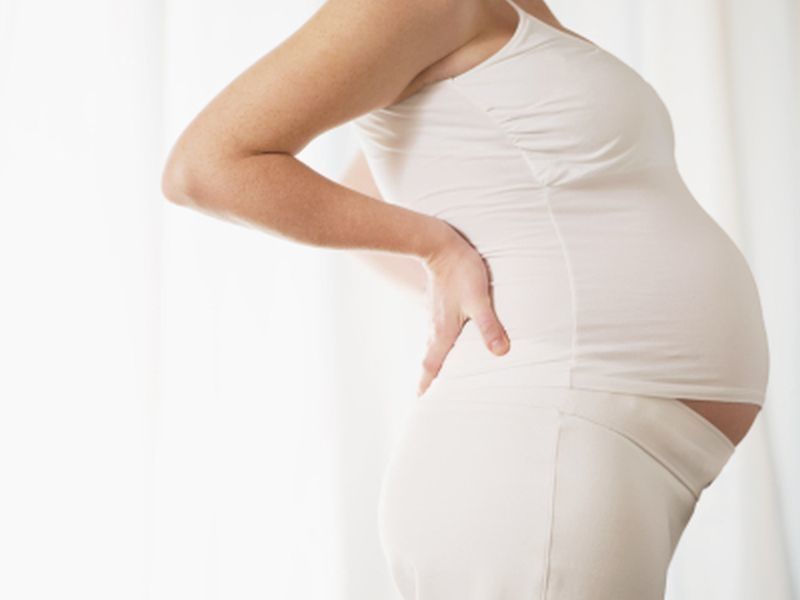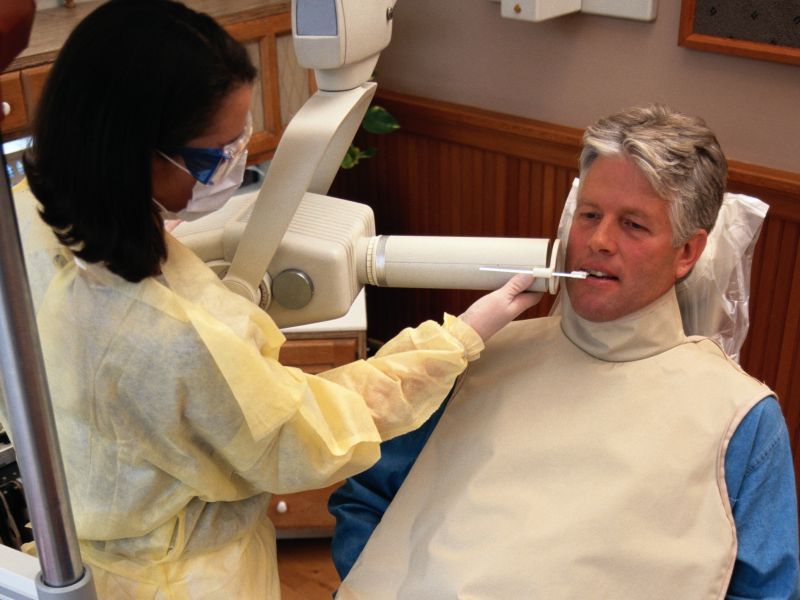
Pregnancy-related high blood pressure can lead to long-term heart risks, new research shows. Compared to those with normal blood pressure during pregnancy, women who developed blood pressure disorders such as preeclampsia and gestational hypertension had significant differences in heart structure and function a decade after giving birth. These differences mainly affect the heart’s left ventricle… read on > read on >






























